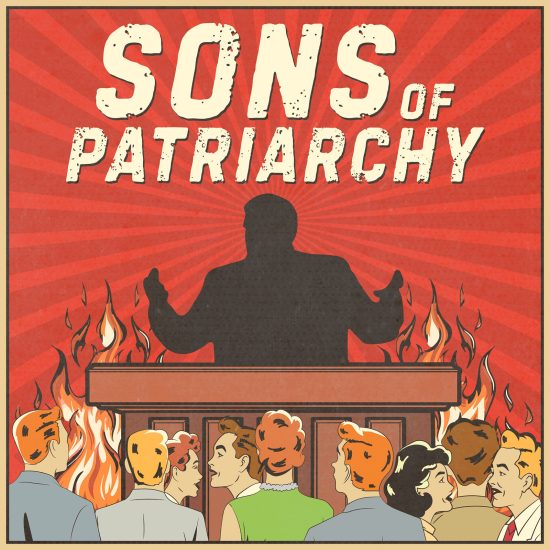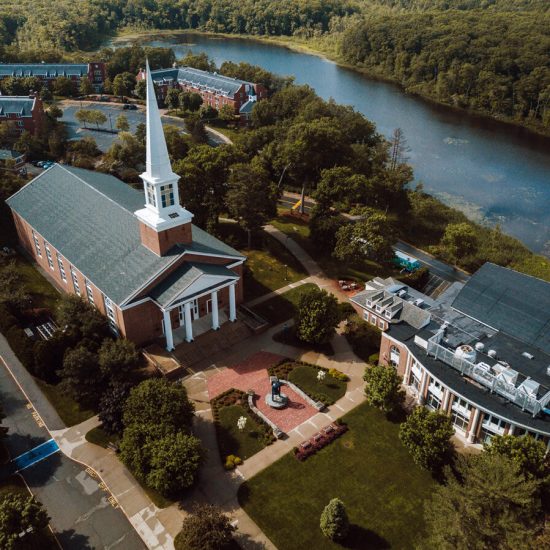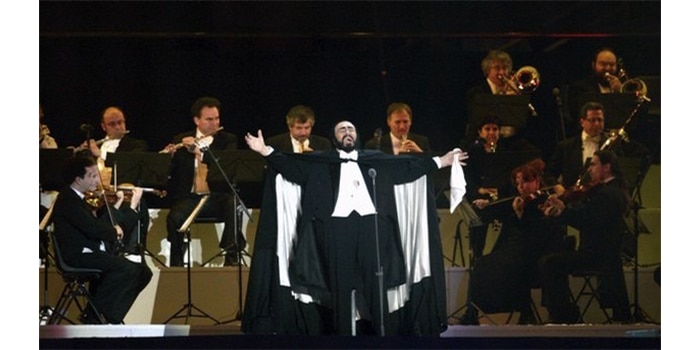
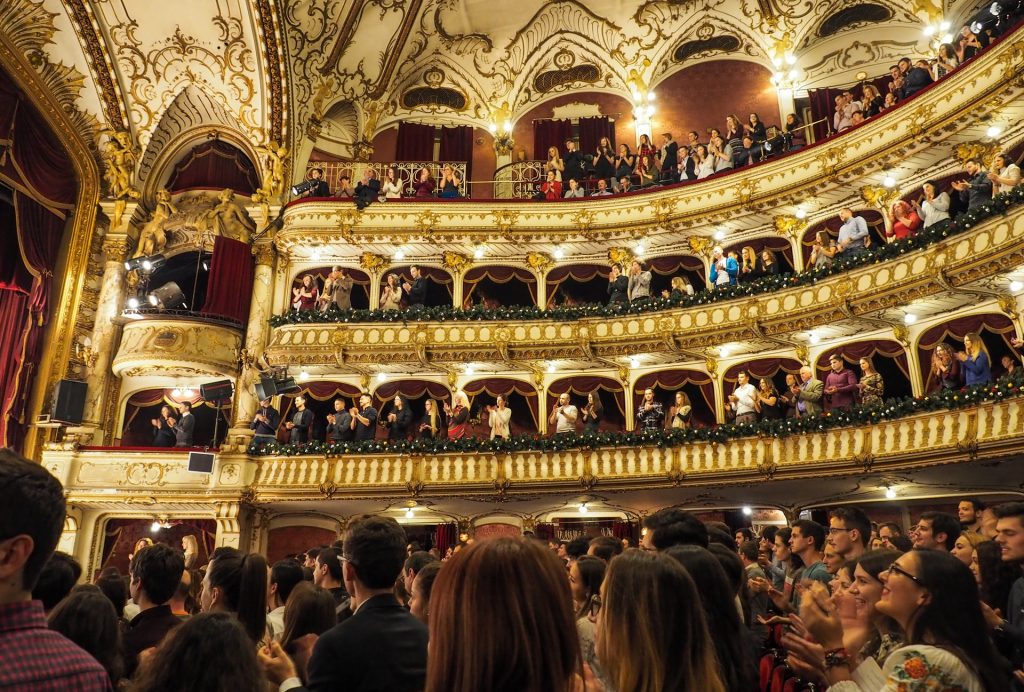
Photo by Vlah Dumitru on Unsplash
Slogging through the COVID-19 pandemic is a daily exercise in perseverance and improvisation. As a pastor, I’m daily challenged to discover new ways to lead and care, all the while using unfamiliar technology as I announce God’s Good News. And I’m attempting all that as I manage my own fears, frustrations and grief.
So it probably wouldn’t surprise you that a few days ago I found myself crying as I drove alone in my Camry. No, the tears were not about the latest coronavirus report. I was weeping at the astounding beauty of Luciano Pavarotti’s crystal-clear tenor coming through my speakers, soaring to the heavens — and in the process, lifting me.
Please understand. I’m not trying to be pretentious by mentioning opera. To be honest, I wouldn’t recognize a recitative if it bit me. All I know is that as I daily tamp down my own sense of dread, I’m finding comfort in the inexplicable, mysterious, and beautiful.
The evangelical church has often viewed the arts with suspicion. But N.T. Wright reminds us, “The arts are not pretty but irrelevant bits around the border of reality. They are highways into the center of reality…” [Simply Christian, p. 235].
Today, we need beauty more than ever.
“Beauty will save the world,” declared Russian novelist Fyodor Dostoevsky.
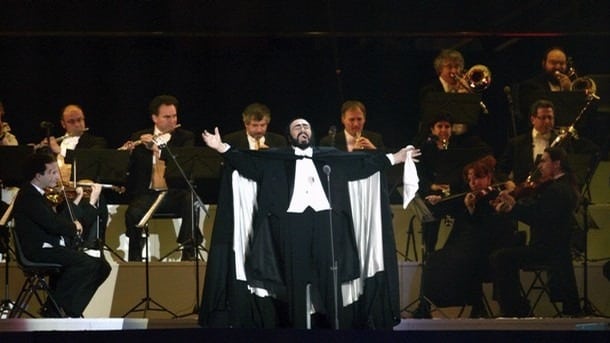
Luciano Pavarotti, opening ceremony of the 2006 Winter Olympics. (Wikimedia Commons)
Granted, not everyone is drawn to concert halls or art museums. For some, it’s a walk beside a quiet lake or watching the sun rise while sipping coffee. Regardless, beauty will save us.
But this rescue will happen only if we’re paying attention. In the midst of the COVID- 19 crisis, the word “apocalyptic” is used frequently these days to describe something catastrophic and potentially world-ending. But the word literally means an unveiling or revealing (thus the name of the final book in Christian scripture, “The Revelation,” or “The Apocalypse”).
The current pandemic provides an unveiling of what is already present in our hearts — good and bad; it uncovers what is broken in our political and economic order just as surely as it shines a light on all that is beautiful about the human spirit.
Rudiger Schleicher, like his brother-inlaw Dietrich Bonhoeffer, was imprisoned in 1944 for his resistance to Hitler. Schleicher was incessantly interrogated by the Nazis (interrogation being a euphemism for beatings and torture). Even in those harsh conditions, Schleicher found the energy to play the violin. As the music resounded through the halls, the young SS guards would open hallway doors allowing the glorious strains to fill the entire wing of the German prison. This account “unveils” much that is disgusting as well as beautiful about being human.
In John’s Gospel, a woman poured expensive perfume on Jesus, providing him a pre-burial anointing. In beautiful understatement, John reports, “The house was filled with the fragrance of the perfume” (John 12:3). Judas, the one who would betray Jesus, complained about the woman’s extravagant act. Once again, scripture contrasts the stench of death with the aroma of life. In the midst of ugliness, beauty patiently waits to be named and known.
I’ll let my son have the last word. Joel is a visual artist and is founder and co-owner of an art gallery. He recently posted on Facebook some pictures of his favorite room in the Frick Museum in New York City. He closed his post with these words: “Enjoy some art today and remember what it tells us about being alive.”




